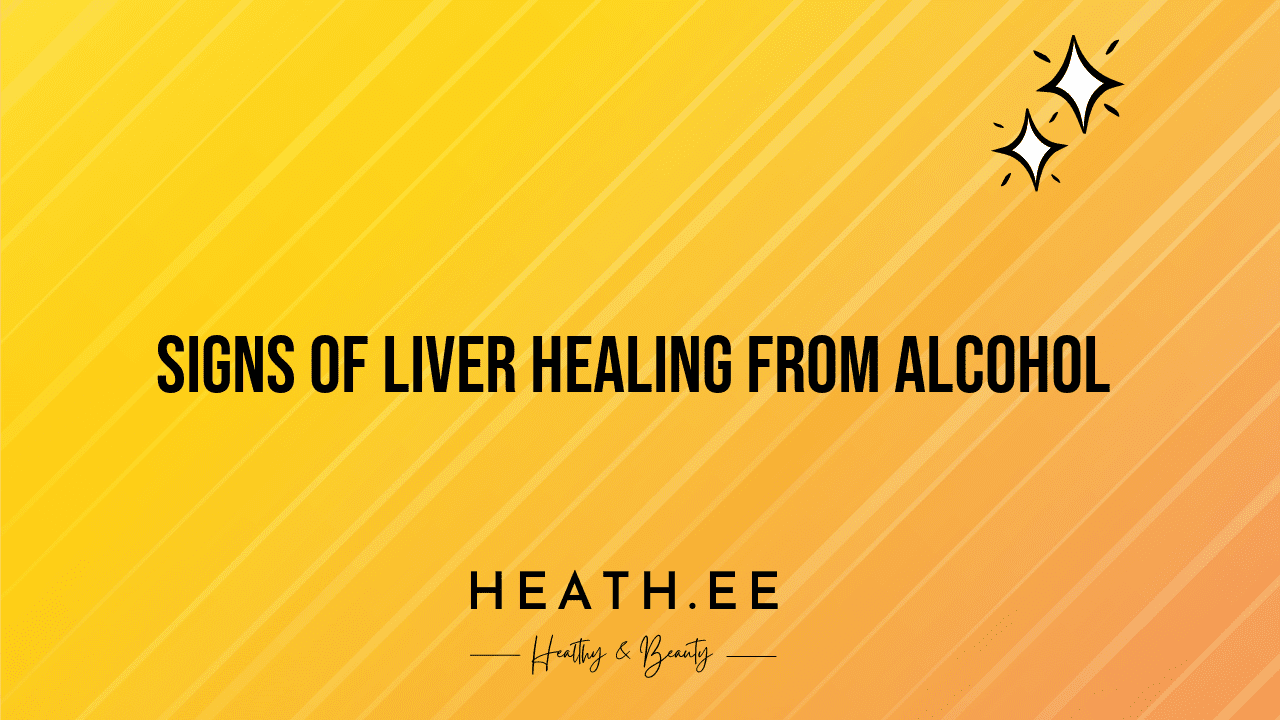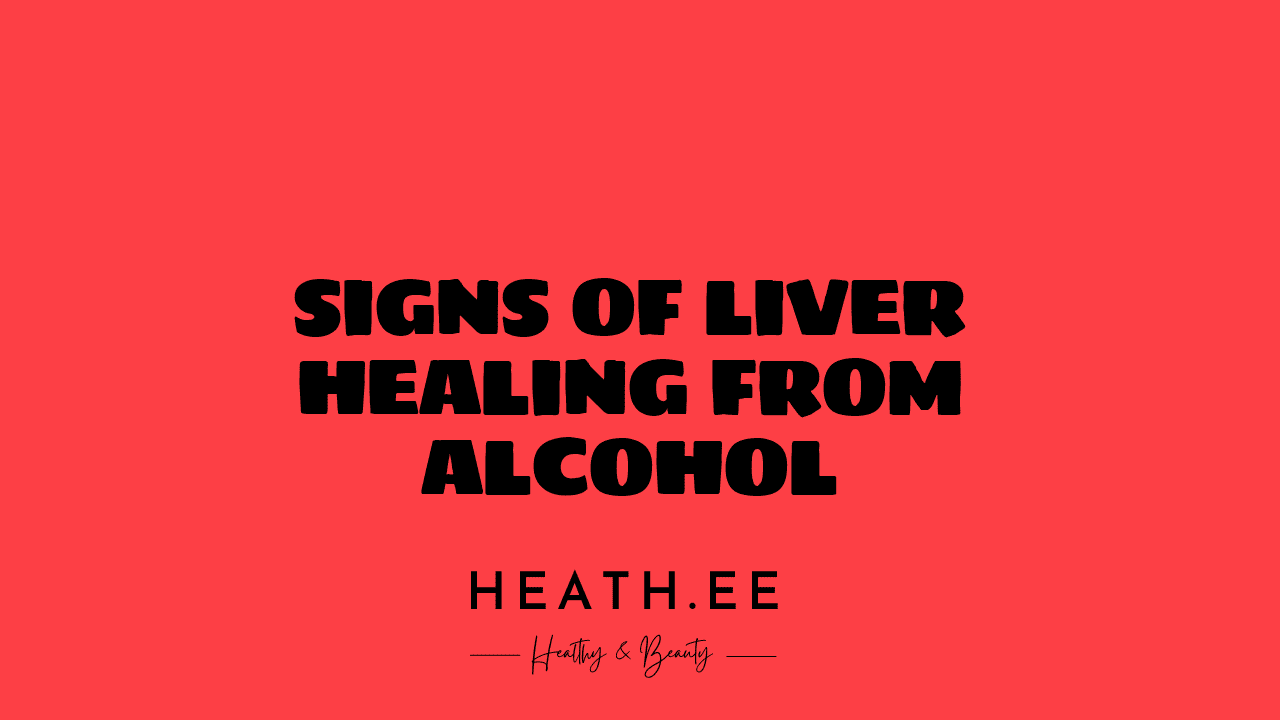Alcoholism can take a serious toll on your health, and your liver is one of the organs that can suffer the most from heavy drinking. Thankfully, your liver has the amazing ability to heal itself, and there are signs that can help you determine whether your liver is on the mend. In this guide, we’ll explore the signs of liver healing from alcohol and provide tips for how to best support your liver during recovery.
What is Alcoholism?
Alcoholism is a chronic disease characterized by a physical and psychological dependence on alcohol. It’s estimated that nearly 17 million people in the United States are living with an alcohol use disorder, and many of these individuals struggle to recognize the signs of their illness. Alcoholism can cause a wide range of physical and mental health problems, including liver disease.

How Does Alcohol Affect the Liver?
The liver is the body’s largest internal organ and is responsible for a variety of important functions. It helps to filter toxins out of the body, produces bile to aid in digestion, and helps to regulate levels of hormones, vitamins, and minerals.
When someone drinks alcohol, their liver has to work hard to process it. In the short term, this can lead to inflammation and other forms of damage. In the long term, it can cause a wide range of serious health problems, including cirrhosis, a life-threatening condition in which the liver is unable to perform its normal functions.
What are the Signs of Liver Healing From Alcohol?
If you’ve been drinking heavily for a long period of time and have decided to stop, you may be wondering if your liver is healing. While it’s impossible to know for sure, there are some signs that can indicate your liver is on the mend.
-
Improved Appetite and Digestion: One of the most common signs of liver healing is an improved appetite and digestion. When the liver is healthy, it produces bile to help with digestion. If you’re noticing that food is easier to digest and that you have a better appetite, it could be a sign that your liver is recovering.
-
Reduced Fatigue: Alcohol can have a major impact on energy levels, causing fatigue and exhaustion. If you’re noticing that you have more energy and that you’re sleeping better, it could be a sign that your liver is healing.
-
Weight Loss: Alcohol can cause weight gain, as it’s high in calories and sugar. If you’re noticing that you’re losing weight without making any changes to your diet or exercise routine, it could be a sign that your liver is healing.
-
Normalized Blood Tests: If you’ve been drinking heavily for a long period of time, your doctor may have recommended blood tests to assess your liver health. If the results of these tests are showing that your liver enzymes are returning to normal, it could be a sign that your liver is healing.

How Can You Support Your Liver During Recovery?
If you’re trying to recover from alcoholism and support your liver during the healing process, there are several things you can do.
-
Eat a Healthy Diet: Eating a balanced diet that’s rich in fruits, vegetables, and lean proteins can help to support your liver during recovery.
-
Exercise Regularly: Exercise can help to reduce inflammation and improve liver health. Aim for at least 30 minutes of moderate exercise per day.
-
Limit Alcohol Intake: If you’re trying to recover from alcoholism, it’s important to limit your alcohol intake. If you’re struggling to stay sober, consider talking to your doctor about medications or therapies that can help.
-
Take Supplements: Certain supplements can help to support liver health, including milk thistle, turmeric, and dandelion root. Talk to your doctor before taking any supplements.
Conclusion
Alcoholism can take a serious toll on your health, and your liver can be particularly affected. Thankfully, your liver has the amazing ability to heal itself, and there are signs that can help you determine whether your liver is on the mend. By eating a healthy diet, exercising regularly, limiting alcohol intake, and taking certain supplements, you can support your liver during recovery. If you’re concerned about your liver health, talk to your doctor.



